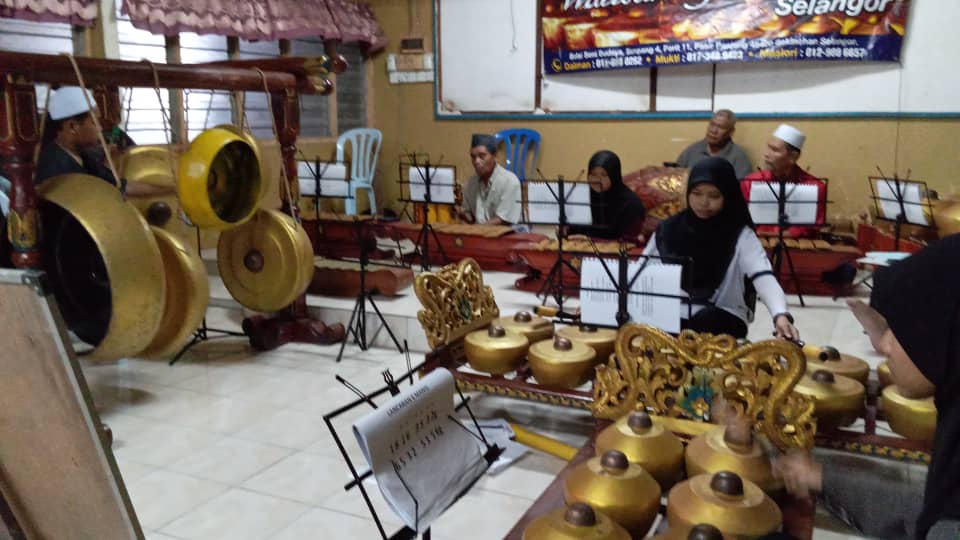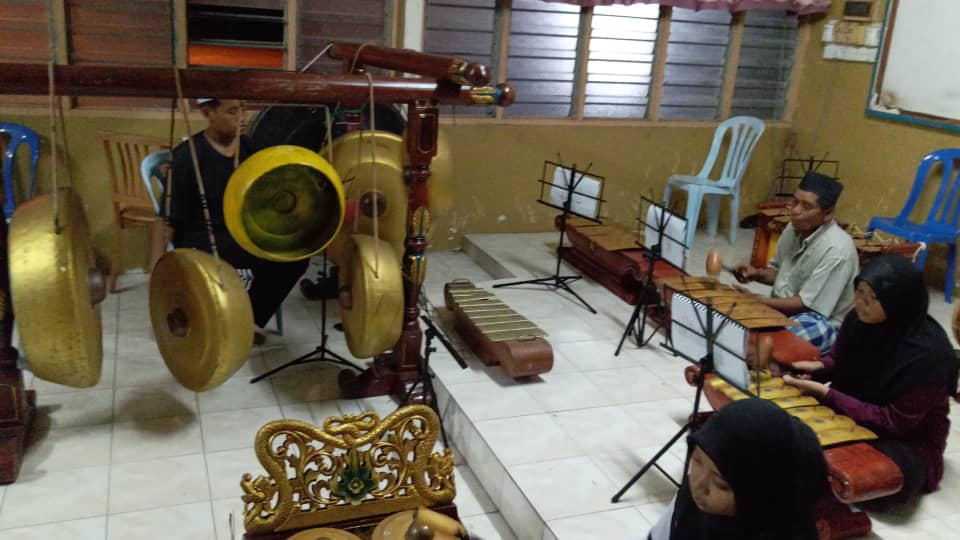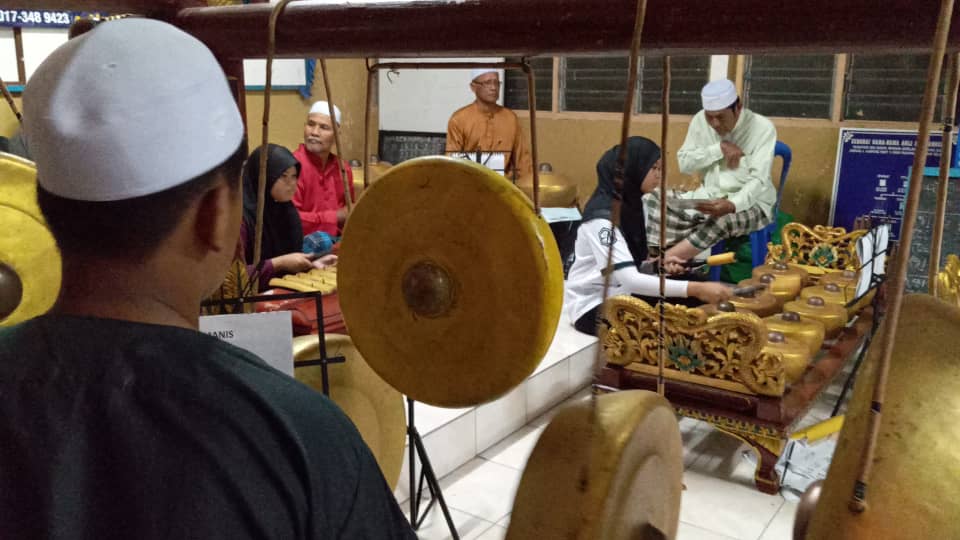ARTS AND CULTURE INFORMATION GATEWAY
Immerse yourself in the colorful world of art and culture! From traditional heritage to contemporary works, discover uniqueness that reflects the nation's identity and identity
WAYANG KULIT JAWA
Picture
3
Video
No record
Today's Visitor
6
Number of Visitors
1535
Introduction and history
Wayang Kulit Jawa in Malaysia was introduced by the people of Jawa descent who migrated to Malaya, especially in Johor and Selangor, in the late 19th and early 20th centuries. They bring the art of wayang kulit as part of their cultural tradition.
In Malaysia, Wayang Kulit Jawa has undergone adaptation to local elements, such as the use of the Malay language and Islamic elements, making it more relevant to the local community. These performances often feature epic stories such as Ramayana and Mahabharata, as well as folk tales adapted according to local culture.
In the beginning, wayang kulit was played in religious events, feasts, and celebrations, serving as entertainment as well as a medium for conveying moral values. However, with the changing times and modern influences, its popularity is declining despite efforts from art and cultural groups to preserve this heritage. Today, Wayang Kulit Jawa is still valued as an important cultural heritage in Malaysia, reflecting the cultural unity between the Jawa and local communities.
The equipment used in Wayang Kulit Jawa performances in Malaysia includes:
1. Wayang Kulit (Puppets): Leather puppets intricately carved and painted to represent characters from epic stories like the Ramayana and Mahabharata.
2. Kelir (Screen): A white screen used to display the shadows of the puppets manipulated behind it.
3. Oil Lamp or Electric Lamp: A lamp placed behind the screen to create the shadows of the characters on the screen.
4. Gamelan or Traditional Musical Instruments: Instruments such as gongs, drums (gendang), saron, and kenong are played to accompany the storytelling and enhance the dramatic effect.
5. Kepyak (Sound Instrument): A metal device struck by the puppeteer (dalang) to signal movements or highlight significant scenes in the performance.
Location
State JKKN Contact Information
Ahmad Zaimy bin Mohd Yusoff
Cultural Officer
Jabatan Kebudayaan dan Kesenian Negara, Selangor
Tingkat 6, Menara Korporat,
Kompleks IDCC Shah Alam
Jalan Pahat L 15/L, Seksyen 15
40200 Shah Alam,
SELANGOR DARUL EHSAN
03-5543 1654 /1763
Use the form below to contact the Informant/Figure/Editor/Researcher directly. We will respond to your inquiry as soon as possible!

 No, 13 Tali Air 11, Sungai Nibong 45400 Sekinchan, Selangor.
No, 13 Tali Air 11, Sungai Nibong 45400 Sekinchan, Selangor.







